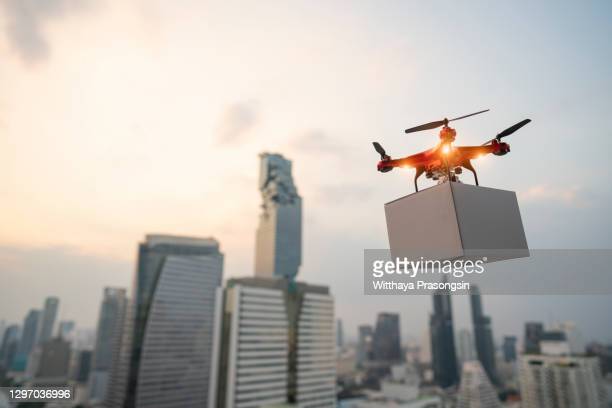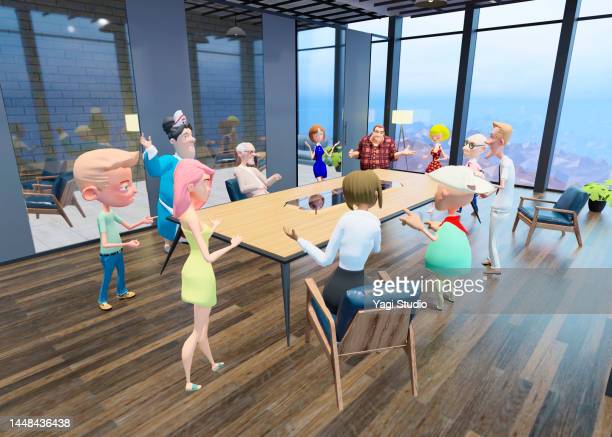
AI and job automation have revolutionized the workforce, with machines replacing humans in many repetitive or dangerous tasks. While this can lead to increased efficiency and cost savings for businesses, it also poses significant challenges for workers whose jobs are at risk of becoming obsolete. It is important for individuals and society as a whole to adapt to these changes and ensure that people are equipped with the skills necessary to thrive in the new economy.

Virtual Reality (VR) technology has the potential to revolutionize the field of mental health treatment, providing new opportunities for therapy and self-help. Research has shown that VR can be effective in treating a range of mental health conditions, including anxiety disorders, PTSD, and phobias. By providing patients with a safe and controlled environment to confront their fears and manage their symptoms, VR technology can enhance the effectiveness of traditional therapy.

Metaverse refers to a virtual universe where people can interact with each other in a computer-generated world. It is a convergence of blockchain technology, virtual reality, and other emerging technologies, creating a decentralized, secure, and immersive digital environment. The use of blockchain in metaverse provides a transparent and secure system for the creation and exchange of virtual assets, with smart contracts automating transactions and governance.

Mixed reality is a blend of virtual and augmented reality that offers users an interactive and immersive experience that feels like a seamless integration of the digital and physical world. By combining real-world and virtual elements, mixed reality has a wide range of applications, from gaming and entertainment to education and training, design and architecture, and even healthcare.

Augmented Reality (AR) is a technology that allows for a digital overlay of the real world, creating an immersive and interactive experience for users. With AR, users can see computer-generated objects and information superimposed onto the real world, enhancing their perception of the environment around them. AR has a wide range of applications in industries such as gaming and entertainment, education and training, healthcare, advertising, and manufacturing. AR technology has the potential to enhance user experiences, improve visualization, increase productivity, reduce costs, and create new revenue opportunities. With continued advancements in hardware, AI integration, and user interfaces, the future of AR is exciting, with the potential to revolutionize the way we live and work.

Virtual reality (VR) is a technology that allows users to immerse themselves in a simulated environment, often through the use of a headset or other devices. With VR, users can experience everything from a roller coaster ride to a historical site visit, all from the comfort of their own home. The potential applications of VR are vast, including entertainment, education, healthcare, and more. While the technology is still relatively new and expensive, it has already had a significant impact on society and culture. As VR continues to advance, it has the potential to transform the way we learn, work, and play, unlocking new levels of creativity, innovation, and discovery.






